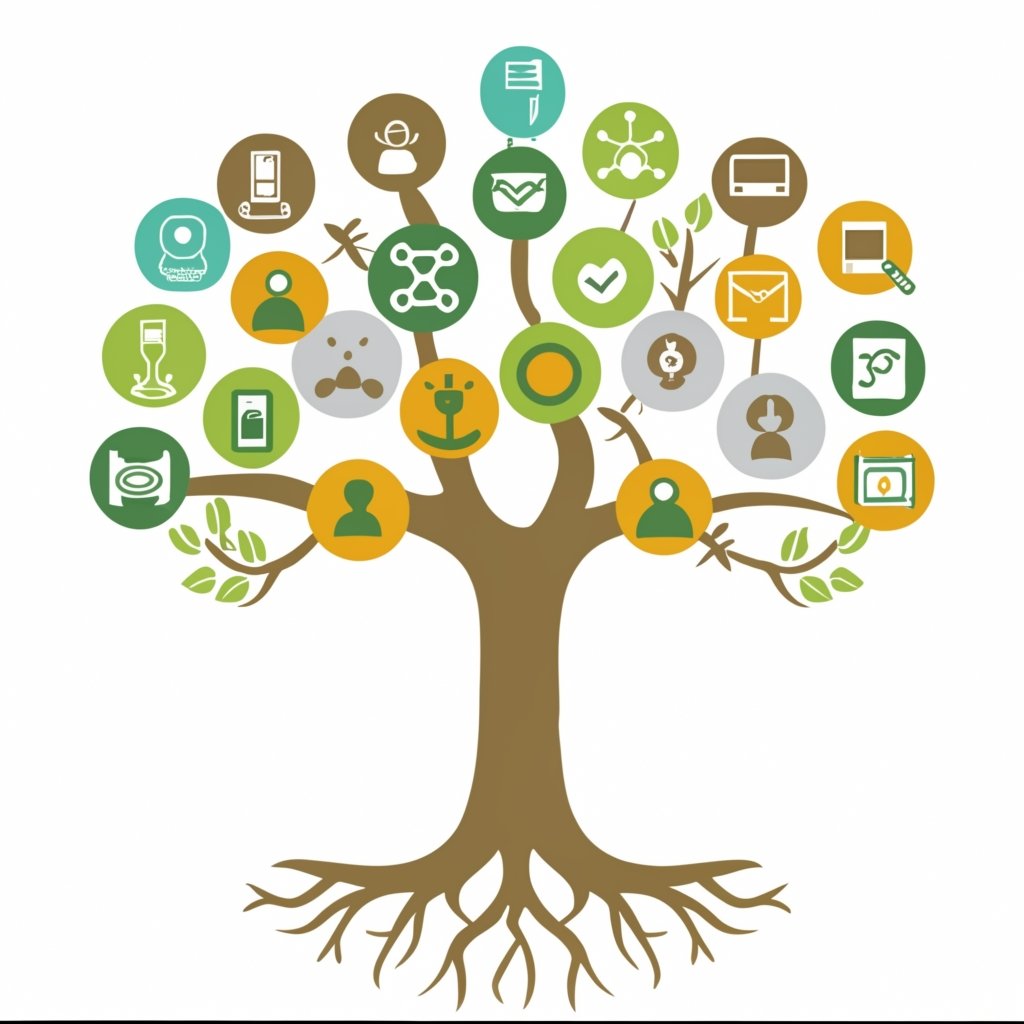Innovation, a term frequently used but rarely explicated, holds great significance in driving progress and success across various industries.
What is the true meaning of innovation?
From its definition to the types of innovation, we aim to provide a comprehensive understanding of this transformative concept.

Defining Innovation
Innovation can be defined as the process of introducing new ideas, methods, products, or services that create a substantial positive impact.
It goes beyond mere creativity.
Innovation requires implementation, resulting in tangible improvement and advancements.
Key Elements of Innovation
When discussing the meaning of innovation, several key elements stand out:
- Creativity and Ideation: Innovation begins with creative thinking and ideation. This involves generating novel concepts and exploring unconventional approaches to problem-solving.
- Implementation and Execution: True innovation is not confined to ideas alone; it involves the successful execution of those ideas to bring them to fruition.
- Positive Impact: Innovations should bring about positive change, addressing challenges, improving efficiency, or enhancing lives.
- Adaptability: The ability to adapt to changing circumstances and evolving needs is a vital aspect of innovative solutions.
- Risk-Taking: Innovation often entails stepping into uncharted territory and embracing calculated risks, as not every innovation guarantees immediate success.
- Continuous Improvement: Innovation is an ongoing process, encouraging the pursuit of continuous improvement and refinement.
Exploring Different Perspectives
The meaning of innovation can vary depending on the context and perspective:
- Technological Innovation: Focuses on advancements in technology, driving breakthroughs in various industries and enhancing our lives.
- Business Innovation: Concentrates on creating value for businesses through new strategies, products, or business models.
- Social Innovation: Aims to address societal challenges and improve social well-being through novel solutions and approaches.
- Incremental vs. Disruptive Innovation: Innovation can be incremental, making gradual improvements, or disruptive, radically transforming existing norms.
The 4 Types of Innovation
According to scholars and researchers, innovation can be categorized into four main types:
- Product Innovation: Involves developing new products or enhancing existing ones, catering to evolving consumer demands.
- Process Innovation: Focuses on improving operational processes, leading to increased efficiency and cost reduction.
- Business Model Innovation: Explores new ways of delivering value to customers, often disrupting traditional business models.
- Social Innovation: Concentrates on addressing societal issues, such as healthcare, education, and environmental sustainability.
To Note:
- Innovation is not limited to creativity alone; it involves successful implementation and positive impact.
- Embracing risks and being adaptable are integral to innovative endeavors.
- Innovation can be viewed from several perspective: technological, business, social, or incremental/disruptive.
- The four main types of innovation are product, process, business model, and social innovation.







